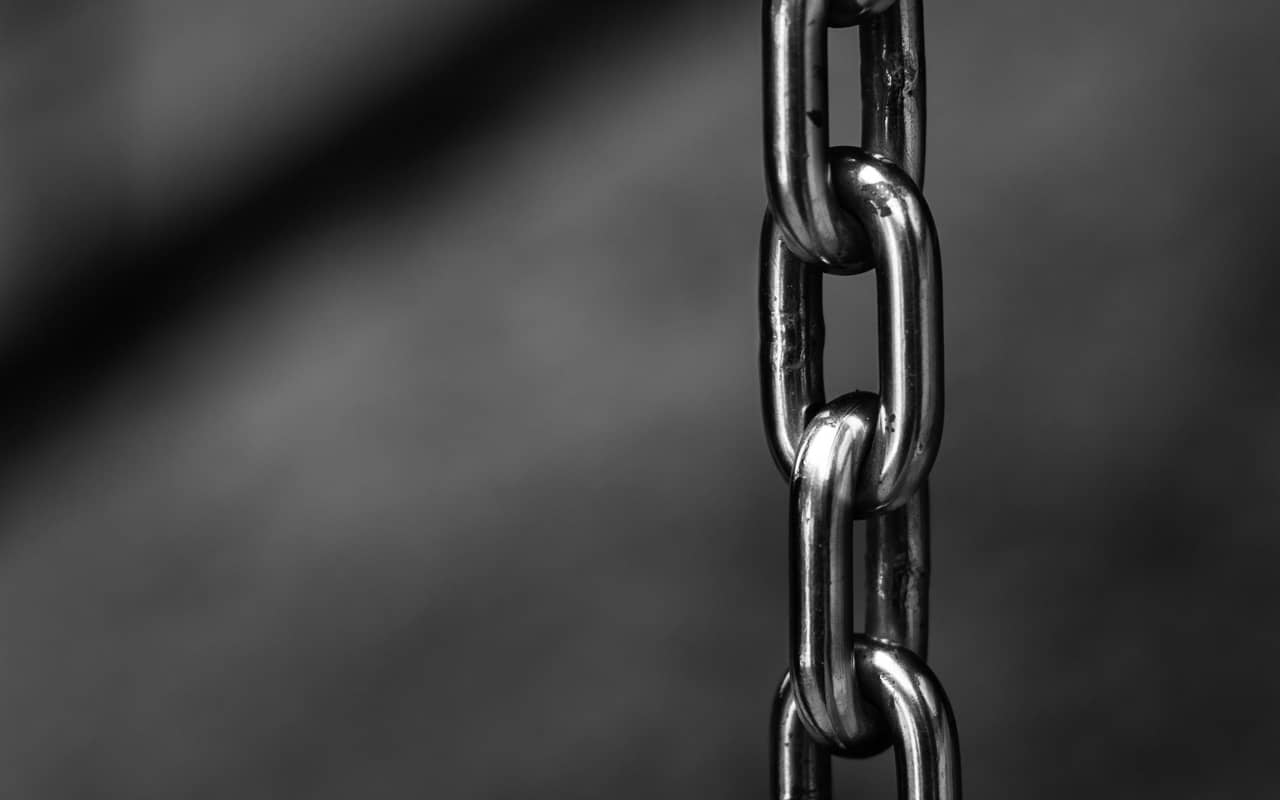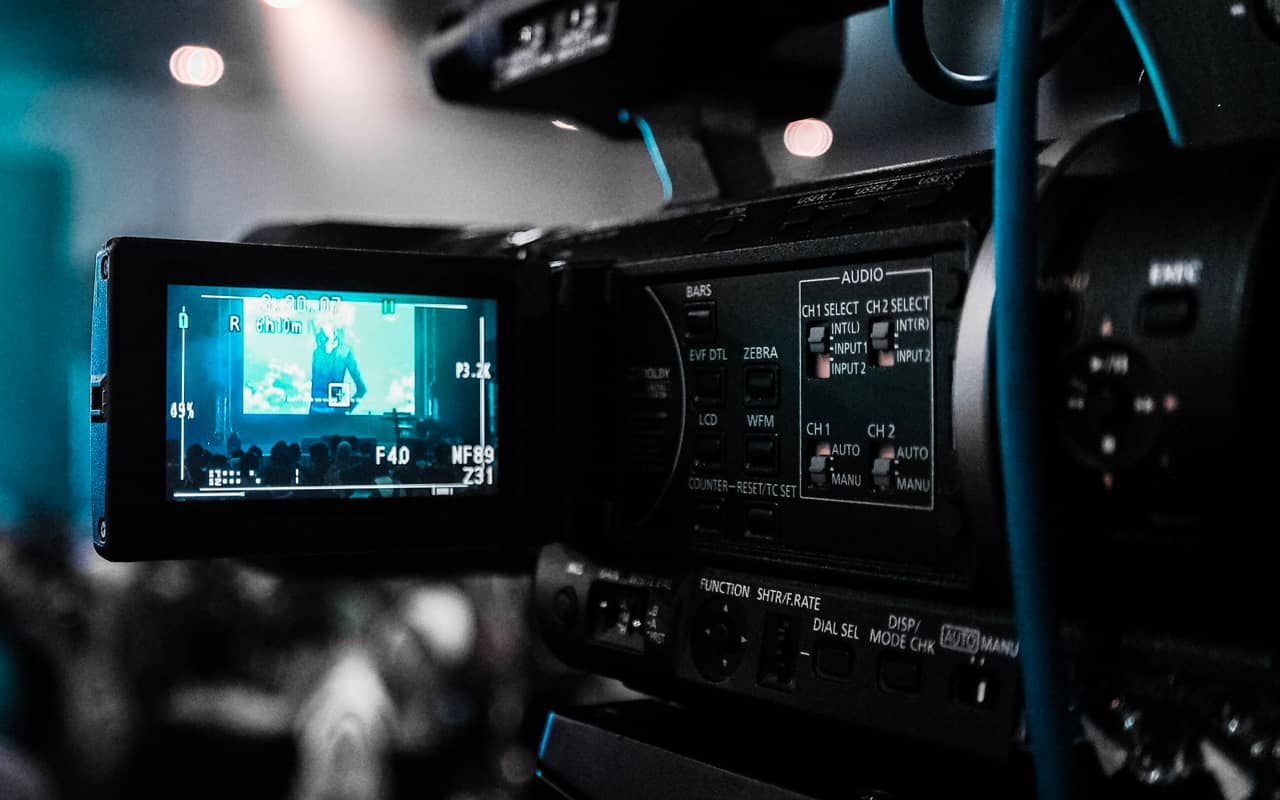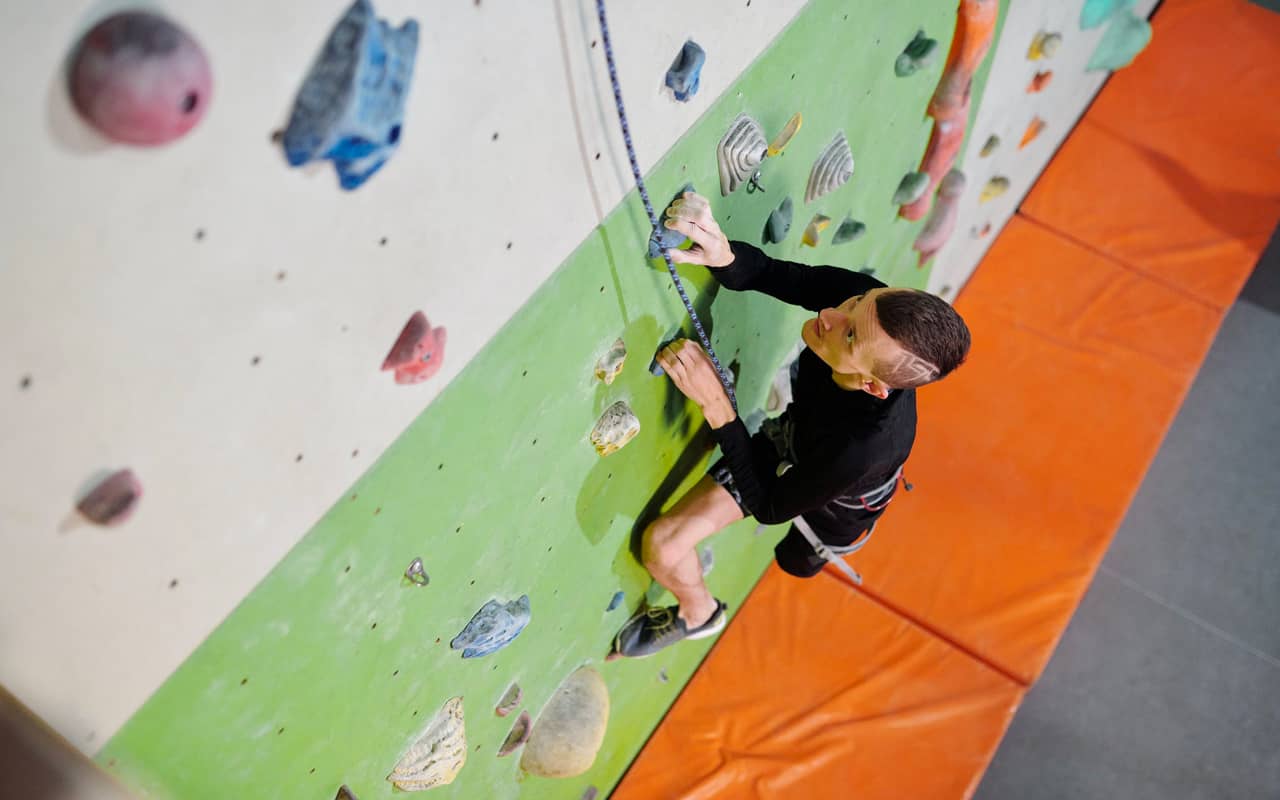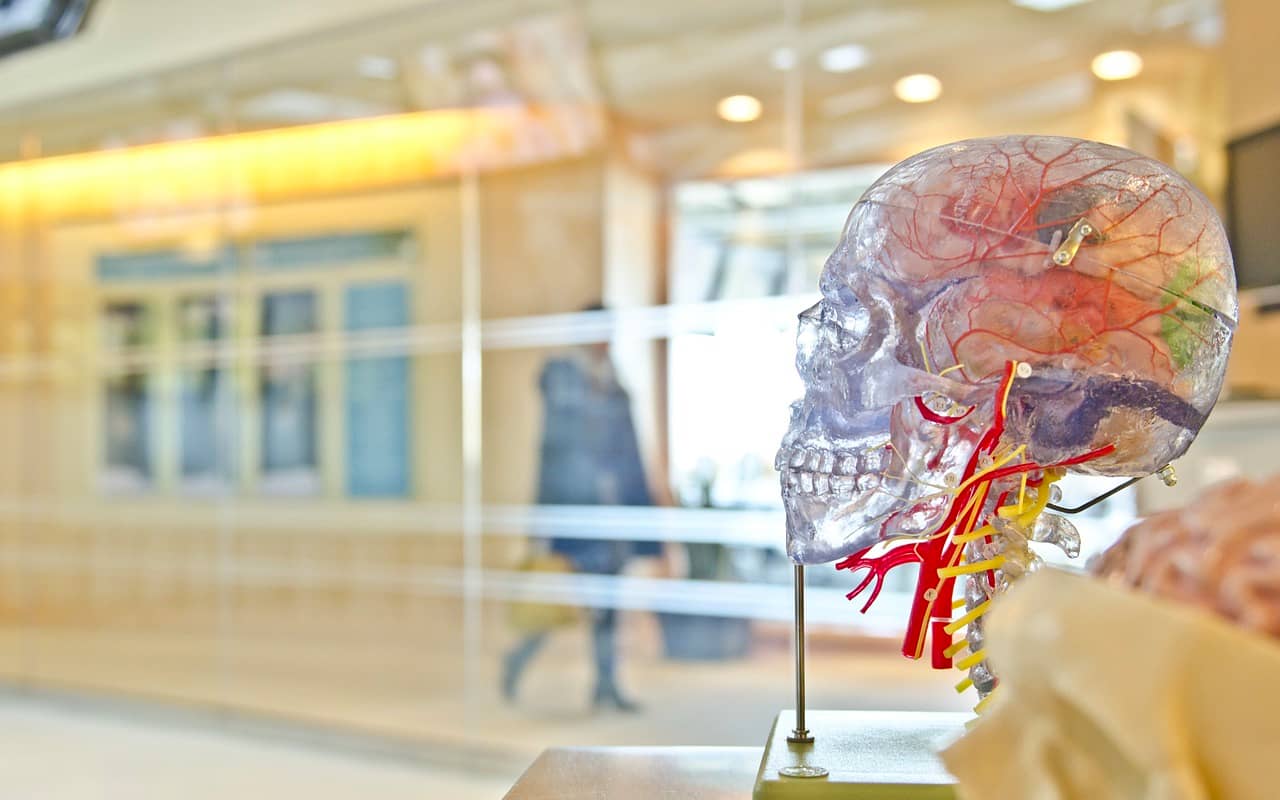Podcast: Download
Subscribe: Apple Podcasts | RSS
 Memory recall, sometimes incorrectly called retrieval, is the experience of remembering information.
Memory recall, sometimes incorrectly called retrieval, is the experience of remembering information.
Here’s the catch I’ve noticed after more than a decade serving the public as a memory expert with one of the most watched TEDx Talks on memory issues:
Proper recall can only happen after at least these other levels of memory have succeeded first:
- Noticing and recognizing the importance of information (like someone’s name)
- Encoding (making an effort to remember)
- Decoding (making an effort to recall)
Only after these stages have succeeded do you have memory recall.
And now you know one of the major reasons we forget: Something has interrupted the retrieval and recall process.
The good news?
We can improve.
We just need to know more about how our memory works, so let’s dive in.
Recall Vs. Retrieval: What’s the Difference?
In brief, “retrieval” refers to the general process of how your brain interacts with your mind to access information you’ve stored in memory.
Recall, on the other hand, refers to a specific type of retrieval. It often involves:
- A conscious request to remember something, such as in a conversation or when completing a test.
- The use of cues, such as when something in the environment “triggers” a memory.
- Effort, like when you deliberately try to remember an important detail.
Understanding the difference between retrieval as a whole and recall is useful in memory science because it helps with making accurate cognitive assessments.
I find the distinction helpful in my teaching as well because it helps me figure out what kinds of memory problems various people are actually facing. Often people looking for help simply say that they’re having issues in a general way. Thanks to these distinctions, it’s easier and faster to give memory training recommendations that are likely to work.
The distinction has also been useful in court. As this research paper demonstrates, how and when people involved in accidents or criminal cases recall case details can create distortions. Elizabeth Loftus is one of the most important researchers in this area and papers like this provide a great way to learn more about recall and retrieval in real world situations.
The 3 Forms of Memory Retrieval
The challenge of learning about recall is that it’s not just one thing. Memory retrieval happens in several different ways that are related to other stages of memory, but are ultimately different.
These forms are:
- Free recall
- Cued recall
- Serial recall
Free recall allows you to retrieve information in any order. For example, if you watch a movie, you can tell your friend about the middle first, then the end before talking about the beginning. You’ve remembered enough to narrow in on different elements without getting confused or forgetting.
Cued recall, on the other hand, involves triggers. Here’s an easy way to think of this kind of retrieval:

When memory athletes memorize lists of words, they use their memory skills to combine elaborated associations so that one mnemonic triggers the target information in a chain.
When I did my memory drills this morning, for example, three of the words were blizzard, tea and piano. Tea and piano were easy to recall because I saw Ozzy Osbourne in a blizzard pouring warm tea on his piano. One image “cued” the recall of the others.
Note: Cued recall itself helped me associate Ozzy with the word “blizzard” because he recorded a 1981 album called Blizzard of Oz. When you create all your associations based on links that already exist in your memory, you can remember things a lot faster.
This kind of recall happens in everyday life too, even if you’re not a memory athlete.
For example, if you’re trying to remember the name of an actor, thinking about movies he’s been in can help trigger the name.
Serial recall involves recalling information in temporal order. It relates to episodic memory in some circumstances. Think of it as when you’re relating a series of events and talking in a “and then this happened” kind of pattern.
Does your mind really use just one of these kinds of recall at a time? Sometimes yes, sometimes no.

For example, you might have started giving details from the beginning of a story using free recall but realize your friend isn’t following the plot.
Your serial recall kicks in and that’s when you say, “let me start at the beginning.”
As you relate the plot of the movie, cued recall will likely help you add in nuance and detail that you would have forgotten otherwise.
What Is Recall Memory?
One thing that defines memory above all is that it is always dealing with the past. Think about it:
Let’s say that you imagine a future scenario, like taking a trip.
Later, when you want to plan the trip, you are recalling that vision of the future up from the past.
So whether you’re speaking a language to become fluent or sitting for an exam, improving memory recall involves improving how you access the past.
Recall vs Recognition
Of course, you will have differences depending on the circumstances. For example, you might struggle in an exam because you cannot recognize several key terms.
Or, you could have an advantage because your recognition of some terms help trigger cued recall.
Complex stuff, isn’t it? Well, the devil is always in the details, which is why it pays to learn how to study effectively. You don’t have to memorize everything in order for recognition to help you recall the information you need.
The 4 Types of Memory Recall
The plot thickens!
The four kinds of memory recall are useful to know about because the brain encodes information in very specific ways.
Did you know that your emotional state dictates how you encode memories? This is just one reason why certain types of memory training can help relieve conditions like PTSD.
Let’s dig a little deeper into:
- Recall
- Recognition
- Recollection
- Relearning

Recall happens when you remember something without a cue or trigger.
For example, sometimes you just think about a friend out of the blue. The friend isn’t there, and yet somehow the brain has pulled out memories about her.
The Role of Questions In Remembering
Answering questions relates here as well. If you’re at an interview, you can only prepare so much. You’ll get questions you aren’t expecting, and yet you’ll find that you can remember certain facts without needing a trigger.
Recognition is when you know you’ve seen something before. You might not even remember that you’ve seen it before, but you still recognize it. Take the word “tiger,” for example. You probably don’t remember the first time you learned it, but you recognize it for what it is (a word) and the animal it refers to.
The opposite of recognition is sometimes called Jamais vu and can be deeply disturbing. Normally, however, recognition is positive and useful.
Recollection usually involves piecing things together using logic or objective reasoning. When you’re trying to recall information, you can deliberately follow a trail of information by leaping from one association to another.
Relearning is required when we forget things we’ve spent time learning. For example, you might have gone through great efforts to memorize vocabulary, but still can’t remember it.
To establish this form of recall and make learning much more fun, repetition might not be the answer. You might need to try a different approach, such as the Memory Palace technique.
How These Memory Processes Work Together
If your brain is reasonably healthy, I have very good news for you:
Most of what you need for long term memory recall happens in the background.
Not for all information, of course. But improving memory recall, especially for long-term retention, is why memory training was invented by our clever ancestors. When you want to be sure you can recall something, mnemonic devices and mnemonic strategies are a must.
But there are aspects of life that can interfere even with the best memory training efforts. These include:
- Alzheimer’s Disease and Dementia
- Lack of exercise
- Poor nutrition
- Dehydration
- Lack of sleep
If you have concerns, it’s always a best practice to consult a qualified medical professional.
How to Improve Long Term Memory Recall
I’m glad you asked, because helping you improve your memory is my passion.
First, I would suggest that you pick a technique and practice it for at least 90 days. You can choose:
- The Memory Palace technique
- The Roman Room technique
- The link and story methods
- Major System
- Pegword Method

As you practice, have a goal.
Generic memory improvement is possible, but you can really accelerate the process by picking specific information to memorize. Here are some suggestions with training tips:
For best results, I suggest that you add daily meditation. I teach a simple process in my book available through Amazon called The Victorious Mind: How to Master Memory, Meditation and Mental Well-Being.
How Do We Recall Memories On Demand?
In a phrase:
Study your memory and practice the best techniques.
The more you learn about the science of memory, the more it will inform your practice.
And simply accept this simple fact:
Apart from certain situations with disease or brain trauma, retrieval failure is almost always a choice.
But now you are informed and know how to retrieve memory on demand. And if you need more help, just sign up for this free course now:
Which of the practices I suggested on this page are you going to try first?
Related Posts
- Anastasia Woolmer on Memorizing Movement and Mastering Recall
Memory expert and memory athlete Anastasia Woolmer has mastered mnemonics. Listen to her discuss the…
- What Is Context Dependent Memory? Your Complete Guide
Context dependent memory might help you pass an exam. But only if you approach it…
- 3 Blazing Fast Ways To Increase Memory Retention
Memory retention... what the heck is it? Is it worth worrying about? If so, can…






